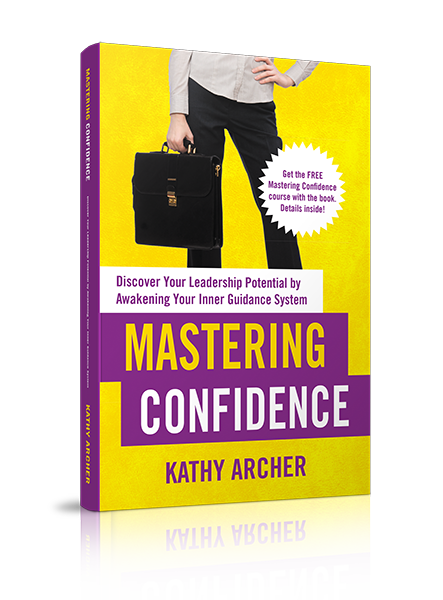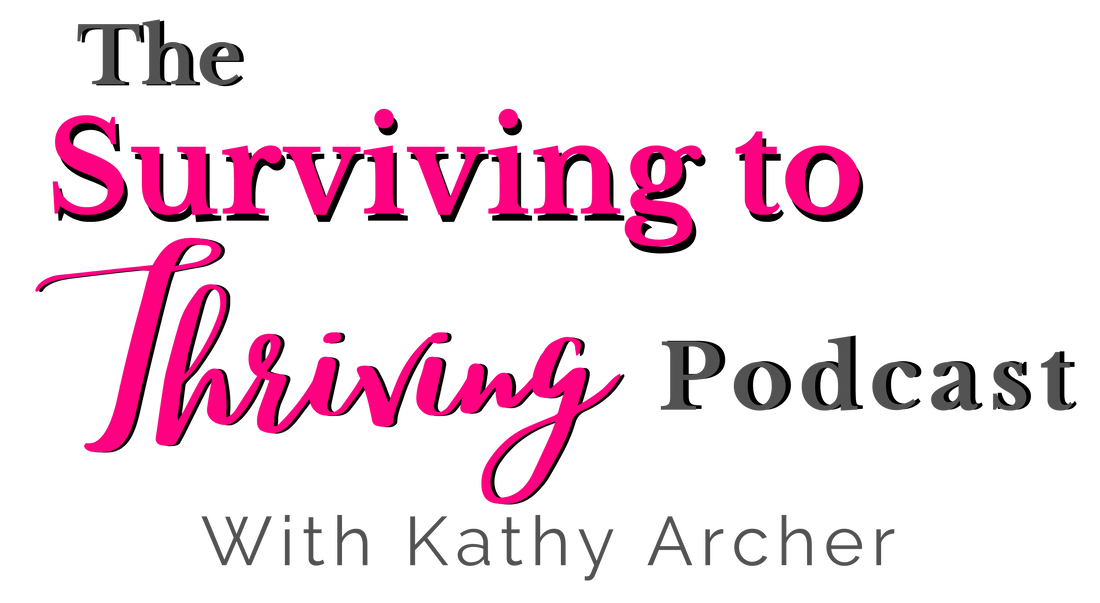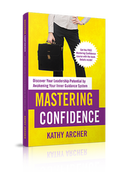|
Last month I posted 3 blogs and videos all about family that were pretty popular. For easy reference, here they all are.
0 Comments
Are you a believer? I mean, do you believe in yourself? What you tell yourself about yourself, is 99.9% true. That means if you believe you have the ability, you will. If you don’t believe, it’s game over. Your attitude about yourself shows up in your leadership also. If you assume you will have a positive impact on your team, you will. If you think they are going to resist you all the way, then oh honey, are in for a nasty ride! I didn't think I could blog A few years ago, I decided to blog. I’d write an article here or there. I started a few different blogs to try and find “my voice.” I wasn’t sure though how successful I’d be at it. Some days I felt like a fraud and wouldn’t blog for weeks. I questioned my ability and let my perfectionism get in the way. I wasn’t very good at blogging for a long while. About a year ago, things really started changing As I grew myself, I was watching successful bloggers, I began to also get really clear on the impact I wanted to have on leaders. It was then that I knew. I knew I could be a blogger. I knew I could do this. I believed. Once I really got that in my head, I got serious about learning I read lots of other blogs. I watched how they did it. I learned about successful blogging. I did training on writing. I practiced. I got it in my head that I could blog. I just needed to figure out how. So I got busy figuring out the"how" part of blogging. Now, I am a consistent, successful blogger who’s making you think differently about yourself, how you show up in this world and the impact you can have on others. I simply decided in my head I decided I could do it, the same way you can choose something you want to do and just decide that you will do it. It is all in your mind. It is your mindset. It is the belief you have. Your mindset is your attitude about a particular thing. This inner certainty you have about something sets in motion your ability to succeed with it or not.
The mindsets There are two mindsets we have. The first is a fixed mindset, the second a growth mindset. Researcher Carol Dweck describes the difference in mindsets as follows: “People with a fixed mindset believe that their traits are just givens. They have a certain amount of brains and talent and nothing can change that. If they have a lot, they’re all set, but if they don’t... So people in this mindset worry about their traits and how adequate they are. They have something to prove to themselves and others.” “People with a growth mindset, on the other hand, see their qualities as things that can be developed through their dedication and effort. Sure they’re happy if they’re brainy or talented, but that’s just the starting point. They understand that no one has ever accomplished great things—not Mozart, Darwin, or Michael Jordan—without years of passionate practice and learning.” What are you mastering? If you remember last week’s blog about the need to spend considerable time mastering something, in fact, 10,000 hours mastering something, you’ll understand the need for a growth mindset. We need to believe we are capable of growing and developing before we will invest the time. Are you letting things get you stuck? But many of us have these beliefs, actually these voices in our head, which keep us fixed or stuck. We don’t seriously believe that we have the capability, so we keep ourselves right where we are at. If you are a true leader, you are a learner Leaders know that the path to success and impact is continual growth. They know that it is about internal development and outward change. Impactful leaders study and watch themselves. They learn about what works, how they tick and are constantly aware of how they are impacting others. Strong leaders require a strong growth mindset. They need to be totally on top of those nagging little voices that might tell them otherwise. Here at the 3 steps you need to do to develop the growth mindset 1) Listen to those voices. Get used to hearing yourself talk. Specifically, listen for the declarations that never leave your mouth. It is your thoughts that have the biggest impact on your life. Start to listen to where you tell yourself you can’t do something. Notice when you say you are not good enough or that it will never change. Those are the subtle messages that you need to really notice and get rid of. 2) Recognize you have a choice The next important step is realizing you are the only one in your head. Honestly. No one is in there telling you what to think. You are the only one inside your mind. You have a choice. You can keep it going on autopilot, with the voices that knock you down. Instead, you can realize that you have a choice and begin to change the messaging going on. It is up to you. 3) Talk back to it with a growth mindset voice When you choose to take control, it's time to get bossy. Talk back to the Debbie Downer. Tell the pessimistic voice to grow up and see what is possible. Tell Negative Nelly she’s not needed anymore. 4) Take growth mindset action Then step into action. Failures are simply lessons. Setbacks are challenging you to see if you really mean it. You will continue to be faced with tests. But when you notice that it is about learning and growing, you will see the tests with anticipation rather than dread. "Bring it on" becomes the new mantra. Instead of the inner voices beating you up, they are cheering you on. You get to choose what is going on in your mind If you want to be an extraordinary leader and lead a prosperous life, then adopting a growth mindset will get you there quickest. Do let the voices in your mind run your life, just make sure they are the voices that encourage you to keep on growing for the rest of your life. Question: What negative mantra in your mind do you need to get rid of? What will you replace it with? |

Available on Amazon
Archives
May 2024
|
|
Leadership TRAINING for Nonprofit Leaders
Become a confident and competent nonprofit Leader: Join The Training Library membership Executive and Leadership COACHING Leadership Coaching for Nonprofit Executives, Leaders and ManagerCoaching |
PODCAST for Nonprofit Leaders
The Surviving to Thriving podcast: Strategies, systems and support to lead your nonprofit with confidence FREE RESOURCES to Grow your Leadership Skills Free Leadership Training Resources, Worksheets and Templates |
Become a CONFIDENT LEADER
|







 RSS Feed
RSS Feed
